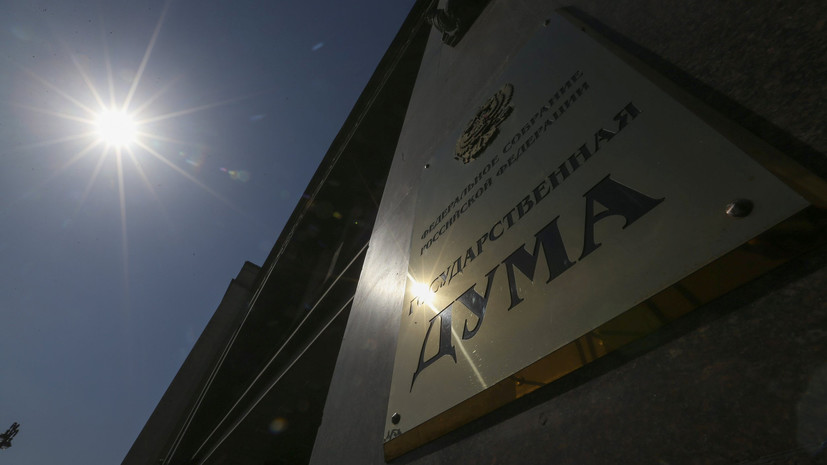As Aksakov said in an interview with Parliamentary Newspaper, Russia has the tools to maintain the stability and sustainability of the financial system.
According to him, the National Welfare Fund has accumulated about 8 trillion rubles, and funds in the international reserves of the Central Bank exceeded $ 570 billion.
“There is something to support the stability and sustainability of the financial system in a short period of time, when mainly psychological factors act, encouraging speculators and investors to play on the stock market races. And long-term, if the drop in quotations drags on, including under the influence of the “coronavirus” recession in the economy, ”he said.
Speaking about the possibility of rising prices in the domestic market, he noted that the import substitution policy, primarily in the field of food security, has yielded results.
“There is practically no dependence on external supplies for basic food products, in general, the situation is not critical for final food production, with a maximum of 15-20% accounted for by imports,” Aksakov said.
As of March 7, Moscow time, March 9, Brent futures for May were down 28.69% to $ 32.28 per barrel, and April futures for WTI were down 31.35% to $ 28.33.
In this regard, at international bidding, the euro exceeded 86 rubles, and the dollar reached 75 rubles.
Later, oil prices won back part of the collapse.

